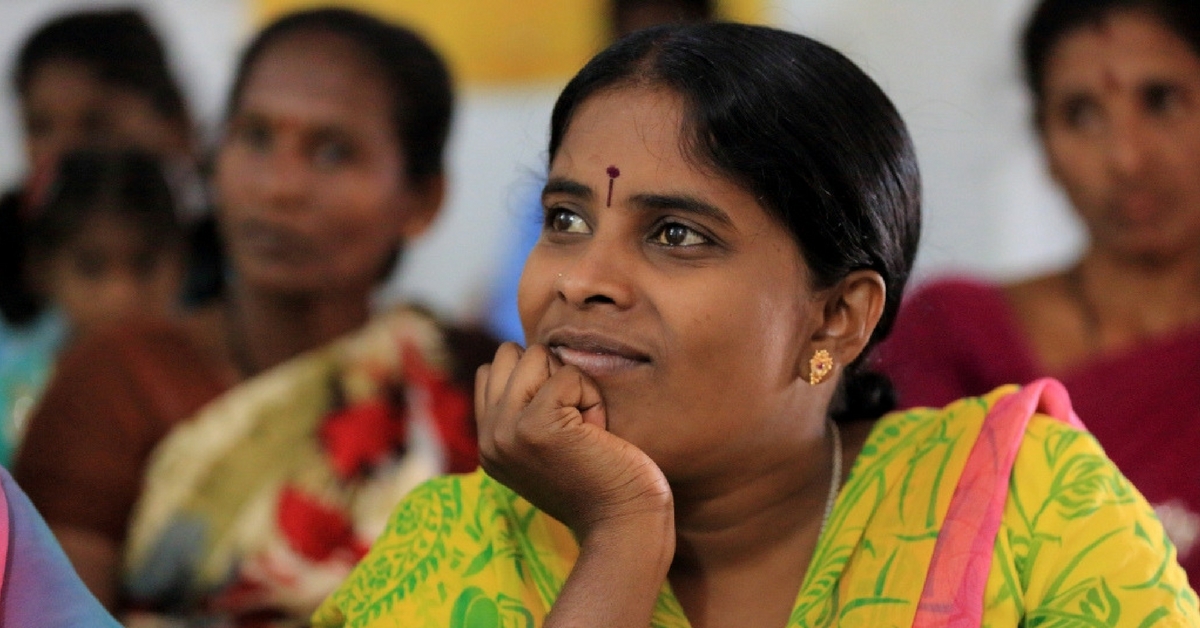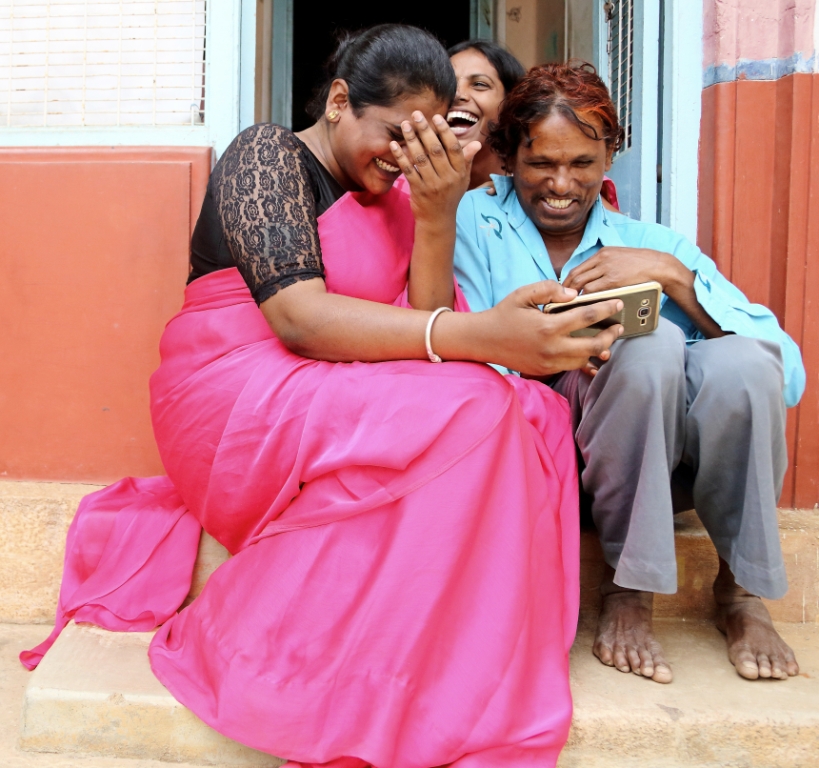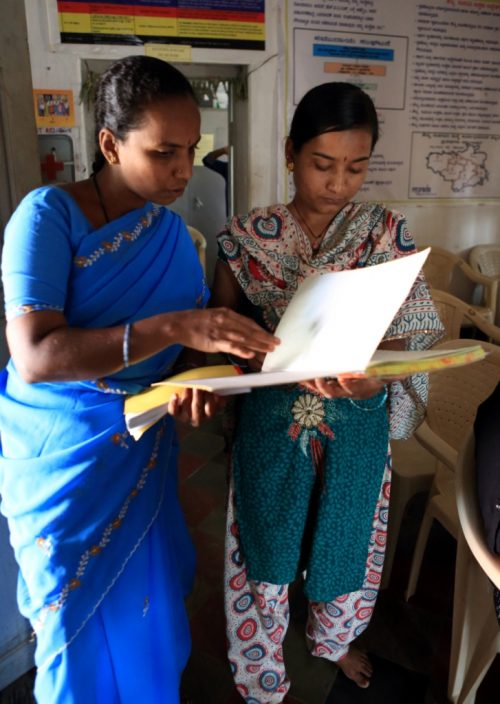TBI Blogs: How a Kolkata NGO Helped Kick off the Global Movement for Sex Workers’ Rights
Sex workers in India, particularly women, still face a heavy amount of social judgement and stigma, leading to rights abuse for many of them. Dr. Shama Karkal talks about the oft-ignored rights of these women, and the Indian origins of the global movement to recognise these rights.

Sex workers in India, particularly women, still face a heavy amount of social judgement and stigma, leading to rights abuse for many of them. Dr. Shama Karkal talks about the oft-ignored rights of these women, and the Indian origins of the global movement to recognise these rights.
In 2001, women in sex work faced considerable discrimination that kept them from accessing health care and social protection. Moreover, it also pushed them further into marginalization and poverty, and fearing further harassment, they did not wish to identify themselves as women in sex work. As a result, they were left out of most rights-based social activism and lost out on the realisation of even the most basic human rights. At the same time, women in sex work from third world countries were viewed globally as a community lacking agency, and effective self determination.
Against this backdrop, Durbar Mahila Samanwaya Committee (DMSC), an NGO in Kolkata by, of, and for women in sex work, issued a global call-to-action to observe International Sex Worker Rights Day by sex worker communities (across all genders) in their own countries.
In a first-of-a-kind congregation of women in sex work, 25,000 women in Kolkata alone came forward, baring their identities in a public event and procession and demanding their rights be protected.
This had a long-lasting impact on the rhetoric around sex workers and their rights, and several countries observe the day (March 3rd) still. It is a day to observe the issues faced by women in sex work, and to pledge to resolve them in a proactive manner, protecting, and ensuring the realisation of Sex Worker Rights—of human rights for women in sex work.
Of the three days in a year set aside globally by the sex worker community “to make an effort to call public attention to governments’ systematic denial of rights, that police often implement brutally, and prohibitionists support, to eradicate trade, no matter how many of us the process hurts or even kill”, it is a matter of great pride that one originated in India and rocked the very fabric of denial of rights to over one million human beings.
Swasti—a health-resource centre—innovates to enhance health and well-being for communities like sex workers and LGBTQIA individuals. Swasti contributes to the sector through action research and implementation, technical and management support, and knowledge management. The organisation works in the states of Tamil Nadu, Karnataka, Maharashtra, Andhra Pradesh, and Telangana. It facilitates Community-Based Organizations of Women in Sex Work, Gay Men, and Transgender People.
On this Sex Worker Rights Day, Shama Karkal, Director, Swasti highlights a few lesser-known facts about Sex workers. The data backing the statements shared below pertains only to the 48 districts covered by Swasti in its five states.

- 12 % of women in sex work face at least one incidence of violence in six months.
- Of the women in sex work who face violence, 23 incidents take place every day, on average.
- 5 % of women in sex work have had at least one ID/scheme application rejected because of stigma.
- 30 % of women feel that attitudes of public hospitals, police, etc. have not changed in the last three years.
- 2 % of women who face violence faced at least one incident from the police in the last six months.
- 3 % of HIV+ women eligible for ART (AntiRetroviral Therapy) do not take it continuously, for various reasons.
- 60 % of women who face violence faced at least one incident from intimate partners in the last six months.
- Of 1.1 lakh children of Women in Sex Work, there are 87,138 children between the ages of 5-19. Of these, 17,589 children (20 %) don’t attend formal education programmes, with the ratio of girls to boys being 4:5.
- For 47 % of Women in Sex Work, sex work is their only source of income.
- Access to civic identity, schemes, and formal saving methods helps Sex Workers refuse sex without a condom.
(The author has been with Swasti since September 2006 and currently anchors the Knowledge and Policy Shaping portfolio. She is also Team Lead for the Centre for Health Market Innovations, with several initiatives within Swasti under her belt. Prior to Swasti, she worked with out-patient healthcare in Bengaluru’s slums and people with developmental disabilities in the USA.)
To know more about Swasti and its work with marginalised communities, please visit its website.
Like this story? Or have something to share? Write to us: [email protected], or connect with us on Facebook and Twitter.
NEW: Click here to get positive news on WhatsApp!
This story made me
- 97
- 121
- 89
- 167
Tell Us More
We bring stories straight from the heart of India, to inspire millions and create a wave of impact. Our positive movement is growing bigger everyday, and we would love for you to join it.
Please contribute whatever you can, every little penny helps our team in bringing you more stories that support dreams and spread hope.



















